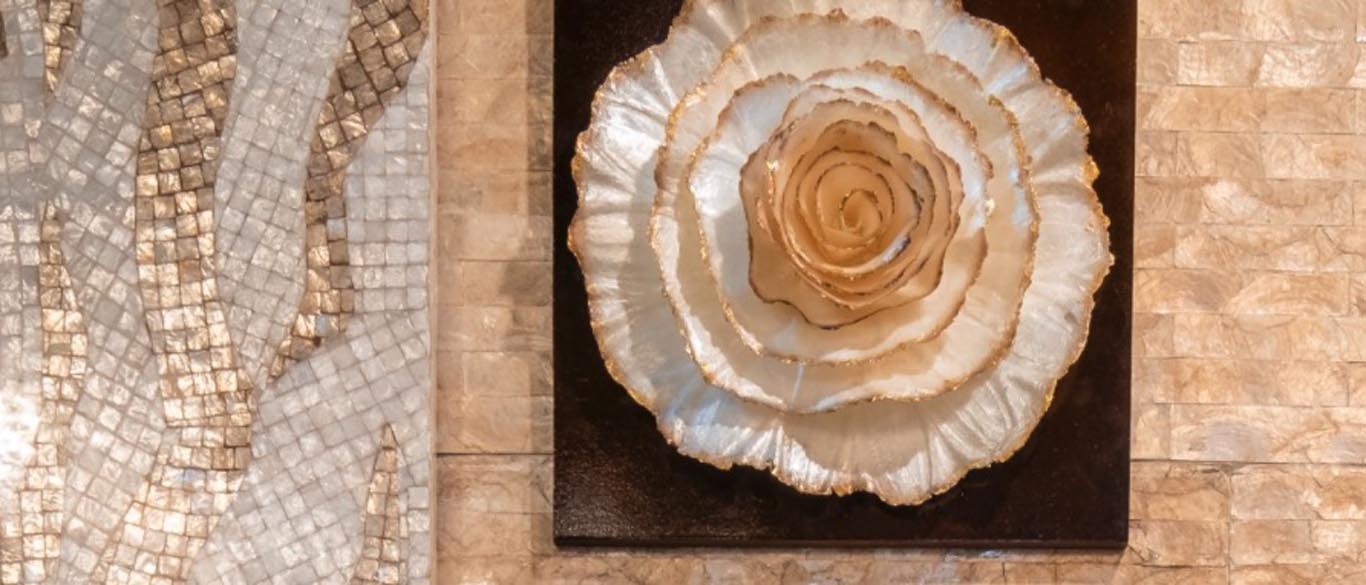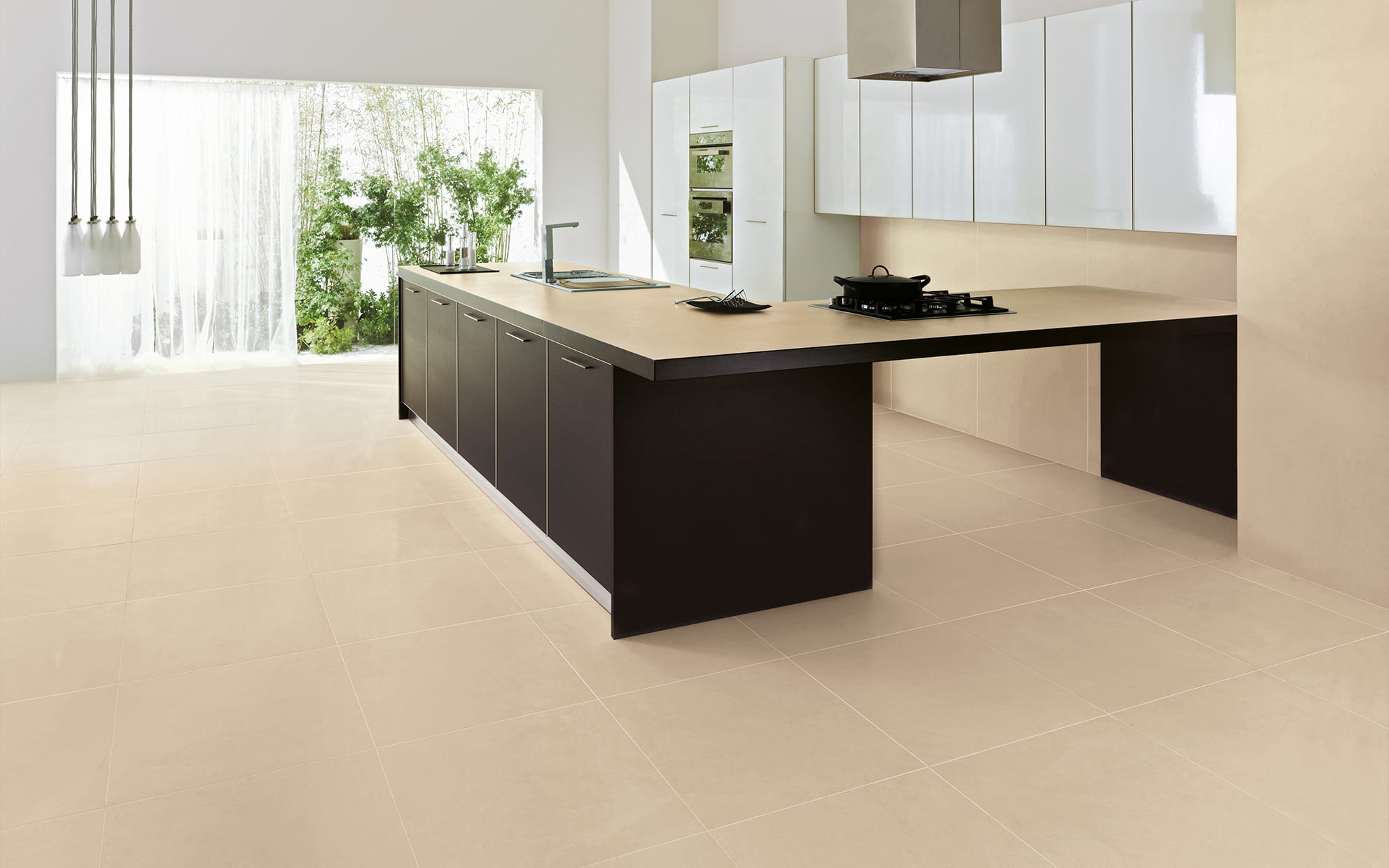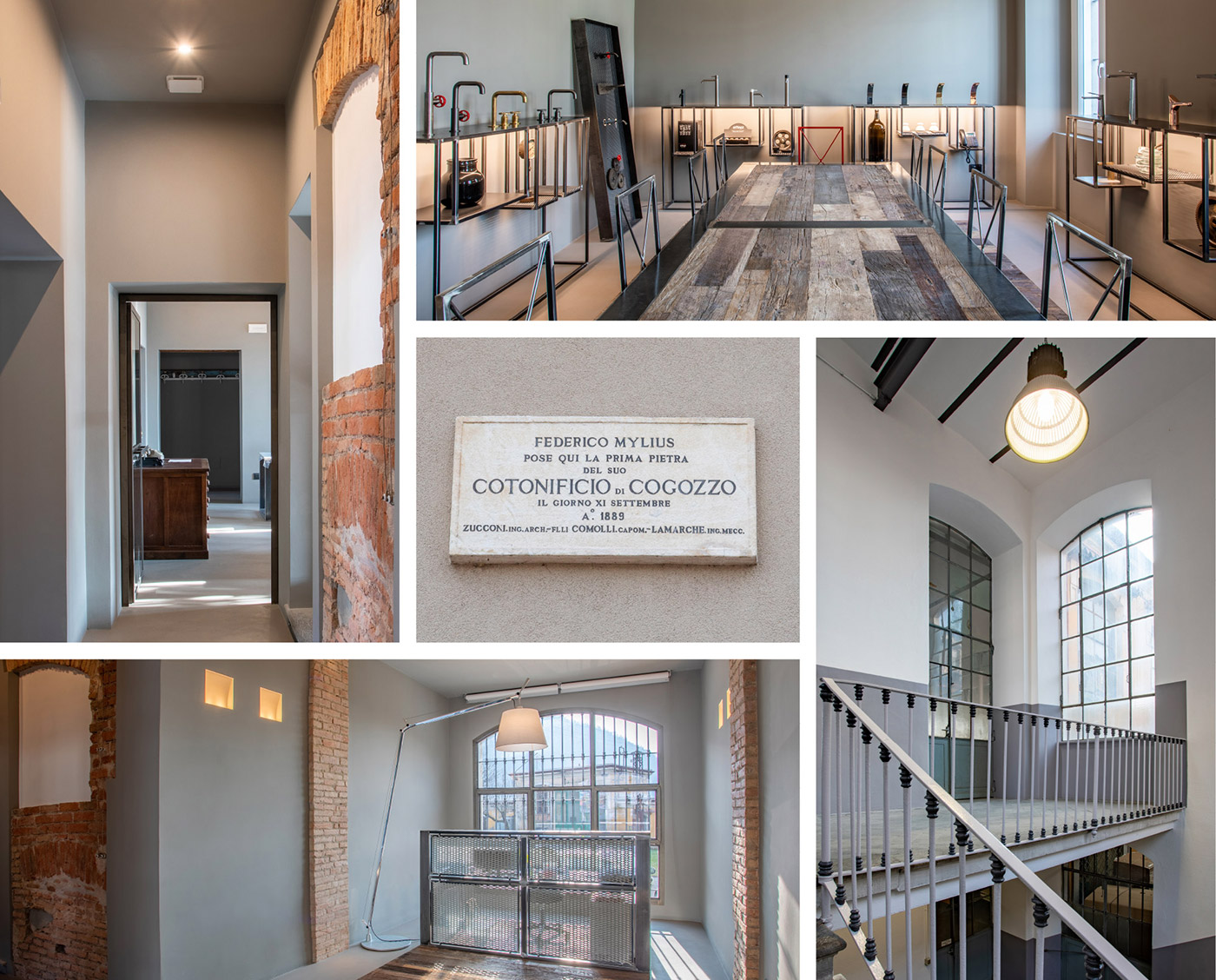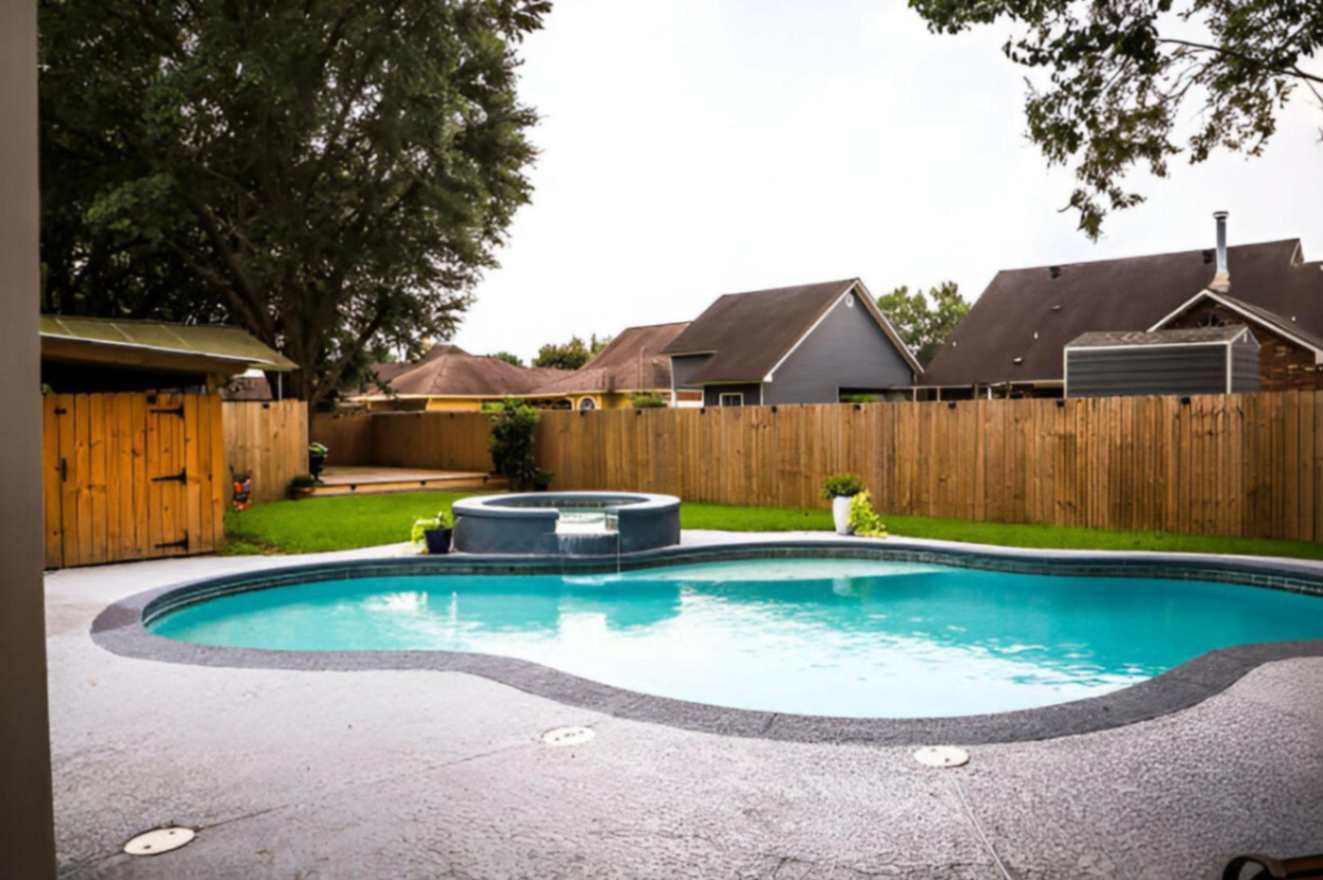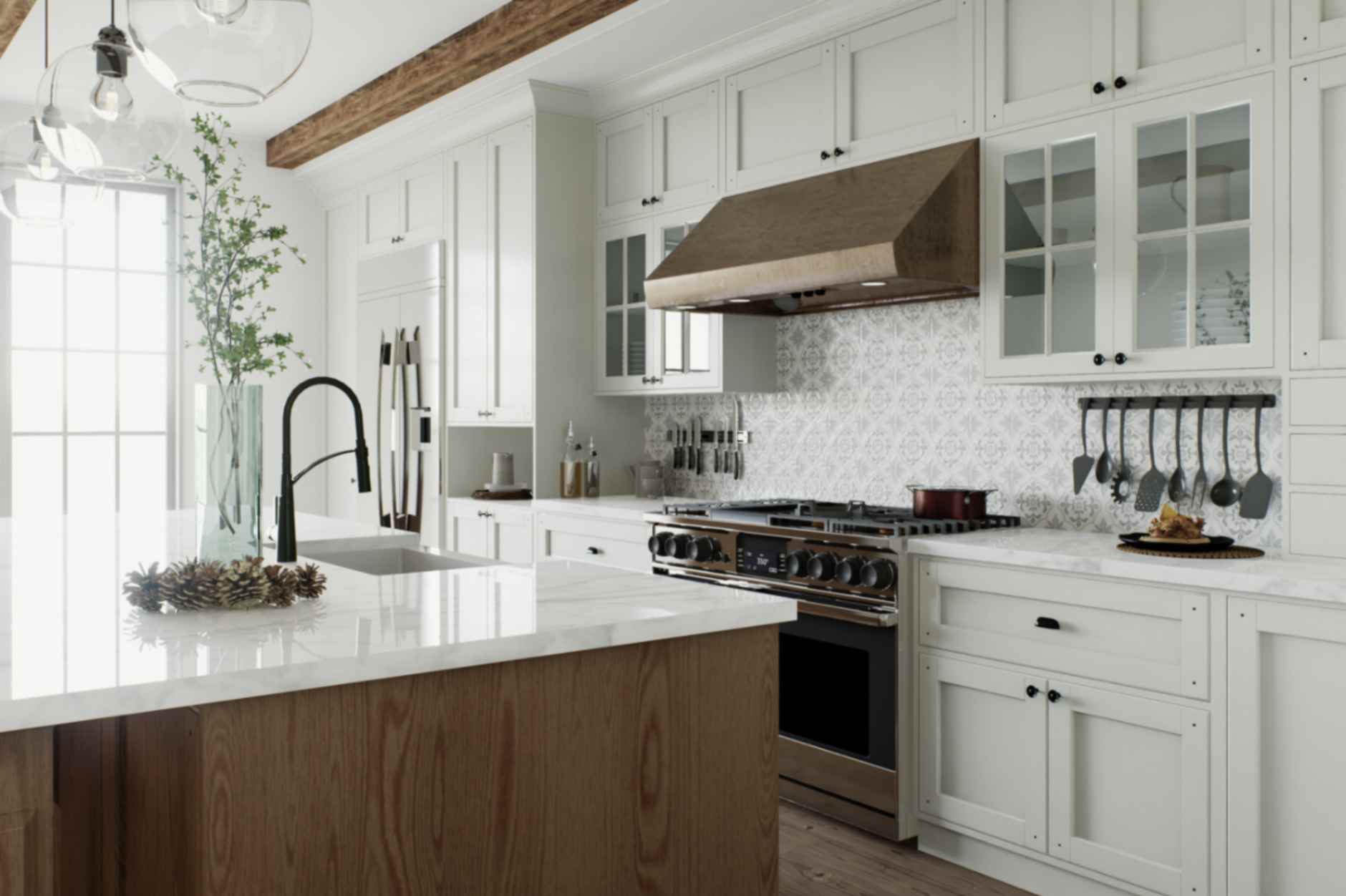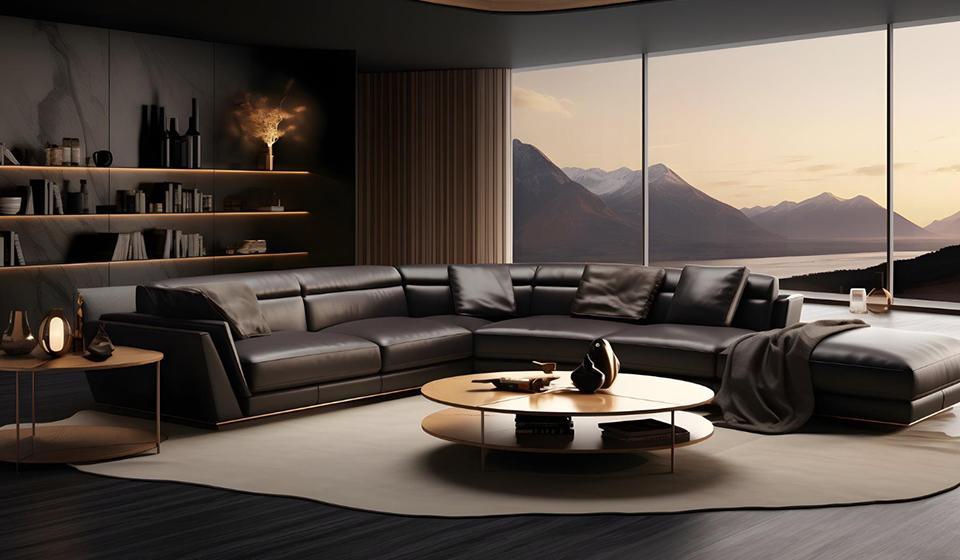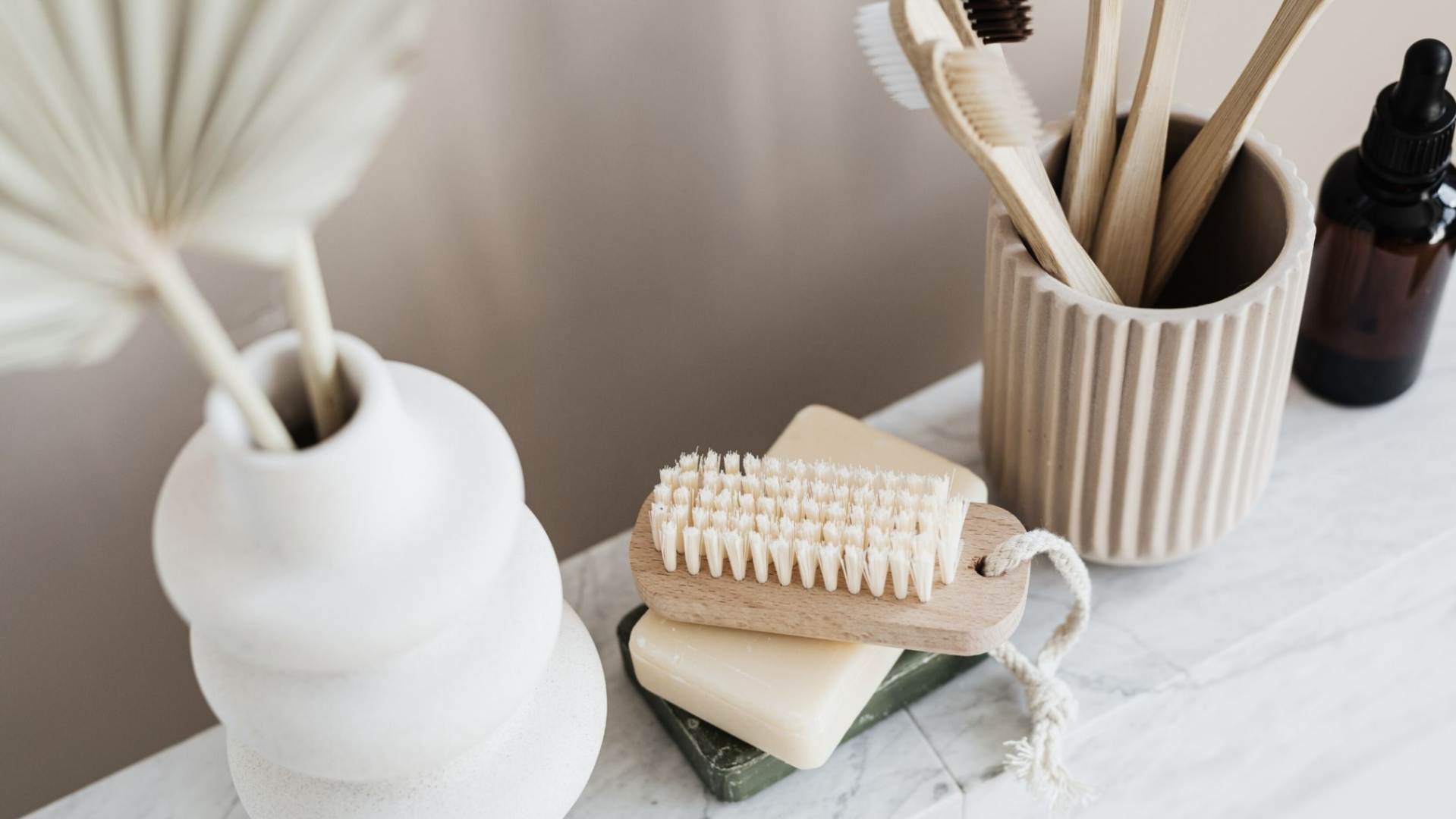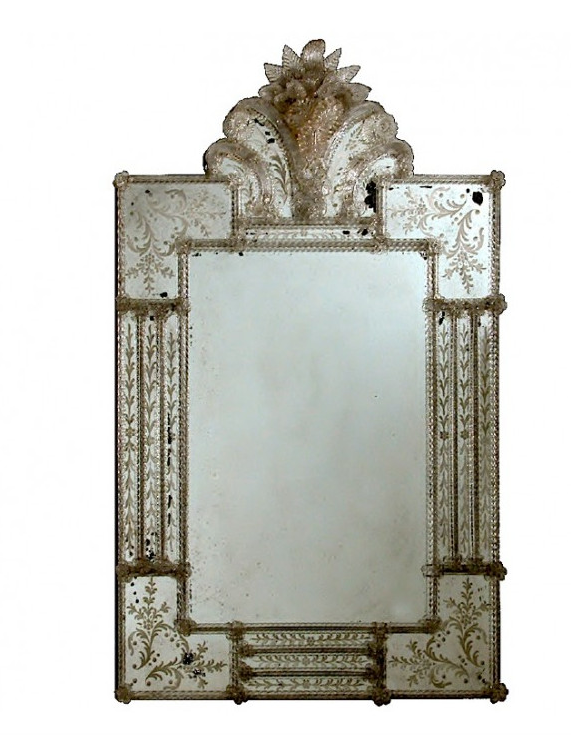What Is Shiplap: Rustic Inspirations and Design Ideas
Shiplap has been making waves in the world of interior design, and it’s not hard to see why. This versatile material adds a touch of rustic charm to any space while offering the flexibility to fit into modern and traditional decors alike. But what is shiplap, exactly? Let’s dive into the nautical origins of shiplap, […] You're reading What Is Shiplap: Rustic Inspirations and Design Ideas, originally posted on Decoist. If you enjoyed this post, be sure to follow Decoist on Twitter, Facebook and Pinterest.
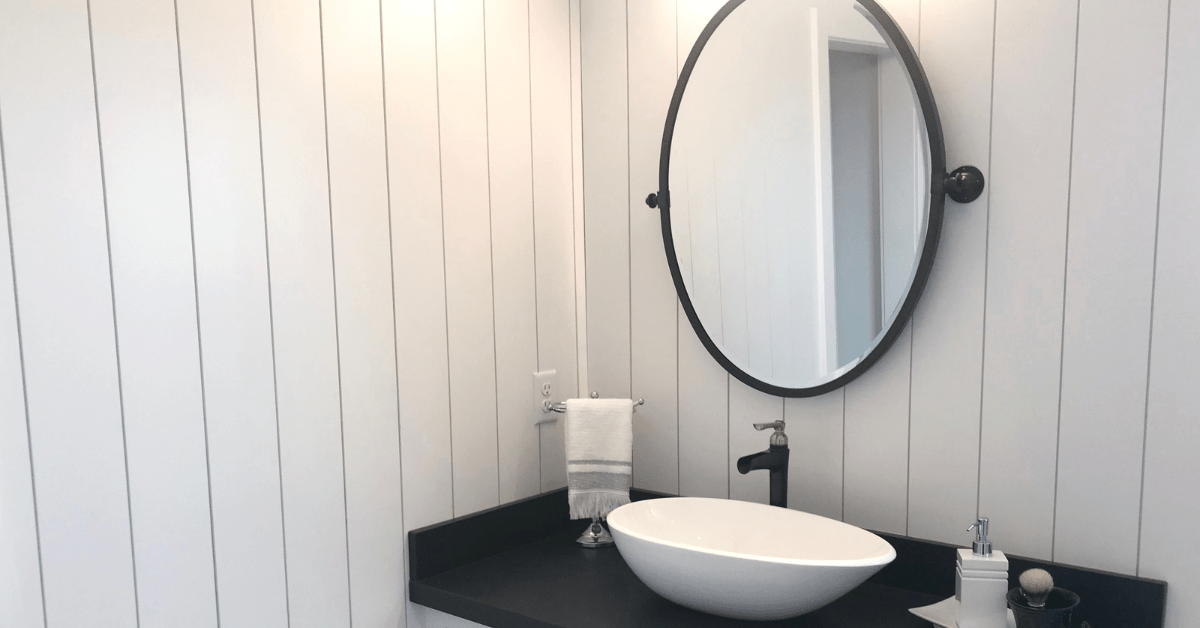
Shiplap has been making waves in the world of interior design, and it’s not hard to see why. This versatile material adds a touch of rustic charm to any space while offering the flexibility to fit into modern and traditional decors alike. But what is shiplap, exactly? Let’s dive into the nautical origins of shiplap, its rise to fame in home design, and how you can incorporate it into your living space.
Understanding the Basics and Historical Significance
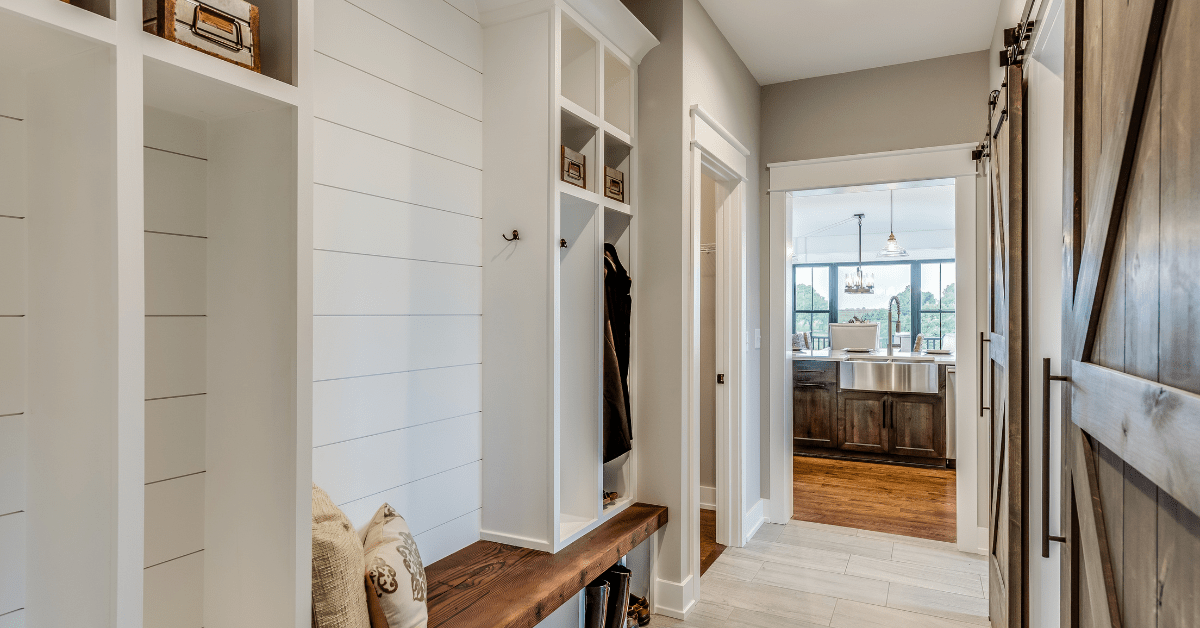
Shiplap is more than just a buzzword tossed around by home improvement shows and design magazines. It’s a type of wooden board traditionally used for constructing sheds, barns, and other rustic buildings. The key feature of this type of wooden board is the notch or groove (called a “rabbet”) cut into the top and bottom edges of each board. When installed, these rabbets overlap, creating a tight seal that prevents water from seeping through, which is why shiplap was originally used in shipbuilding.
The history of shiplap is as rich as the wood grains it boasts. Its design was a practical solution for waterproofing and fortifying the structures it graced. Over time, shiplap transitioned from a purely functional material to a stylistic choice for interior and exterior walls, often celebrated for its natural look and texture.
The Aesthetic Appeal of Shiplap in Various Rooms
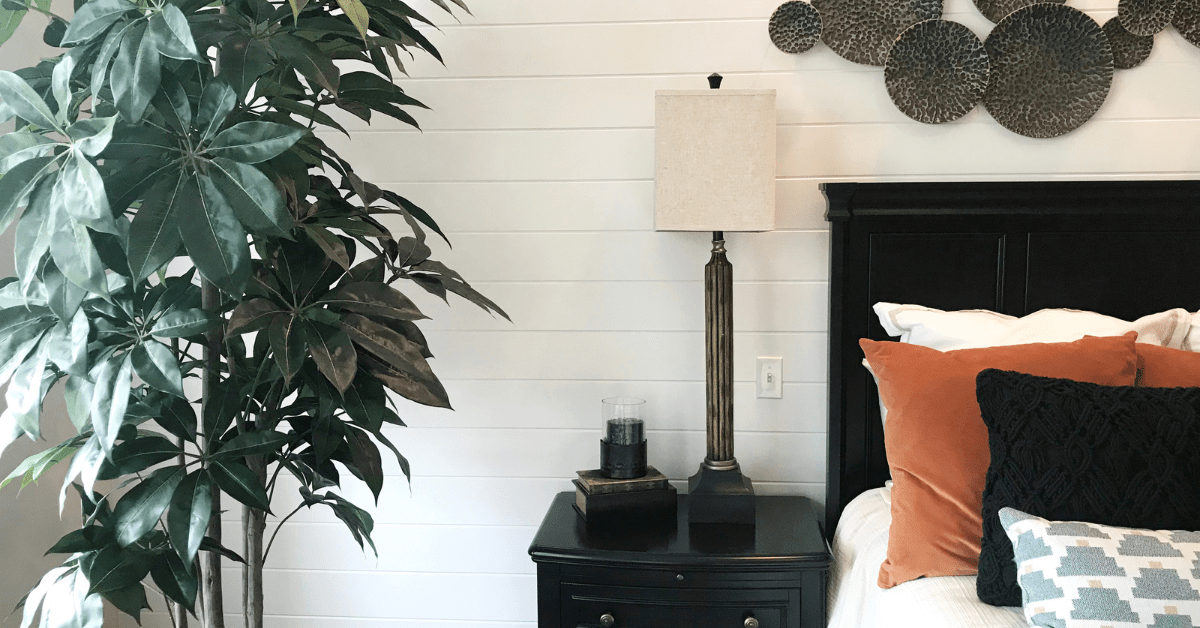
Shiplap’s aesthetic appeal lies in its simplicity and the subtle texture it adds to walls. It can be painted or left natural, allowing for a range of looks from clean and contemporary to distressed and vintage. The horizontal lines of shiplap draw the eye across the room, making spaces appear larger, which is a clever trick for small apartments or rooms.
Designers love shiplap for its versatility. Whether you’re aiming for a cozy farmhouse feel or a sleek, minimalist vibe, shiplap can be the backdrop to your vision. It’s not just about the visual appeal; shiplap can also add a layer of insulation and soundproofing to your walls, making it as functional as it is beautiful.
Incorporating Shiplap into Your Home: Tips and Tricks for Every Room
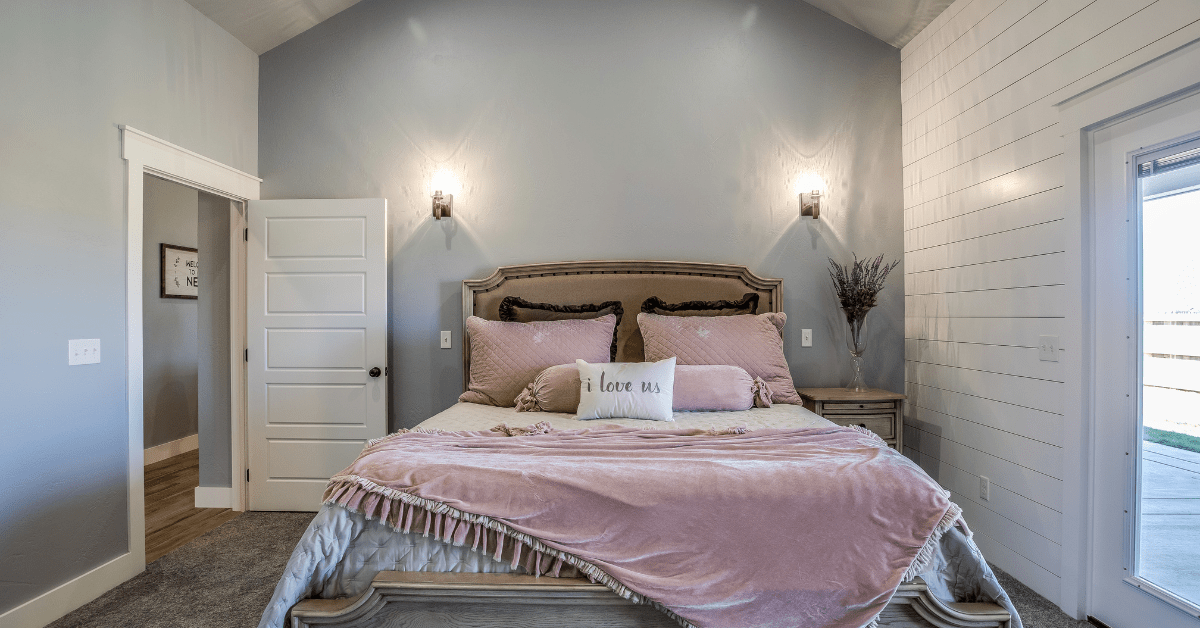
Incorporating shiplap into your home can seem daunting, but it’s easier than you might think. One of the most popular ways to use shiplap is as an accent wall. This can become the focal point of a room without overwhelming the space. If you’re feeling adventurous, shiplap can also be used on ceilings, adding dimension and character to a room.
When it comes to choosing the right shiplap for your space, consider the width of the boards. Wider boards tend to lend a more modern look, while narrower boards can feel more rustic. Think about the finish as well; a glossy paint can make shiplap feel chic, while a matte finish can enhance its farmhouse charm.
Installation and Maintenance
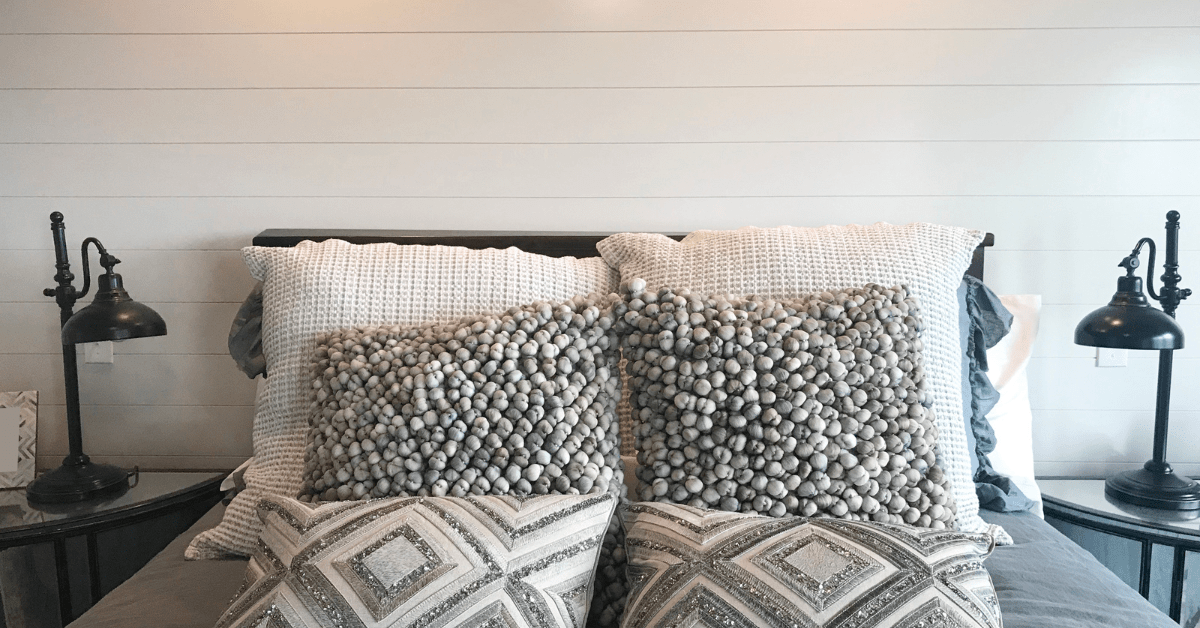
Installing shiplap might be a project for the avid DIYer or something you’d prefer to leave to the professionals. Either way, proper installation is key to ensuring that your shiplap looks great and stands the test of time. It’s important to allow the wood to acclimate to your home’s environment to prevent warping, and to leave space for expansion and contraction due to changes in humidity.
Maintenance of shiplap is relatively straightforward. Dusting and occasional wiping down should keep your shiplap looking fresh. If you’ve opted for painted shiplap, touch-ups may be necessary over time, especially in high-traffic areas. With the right care, your shiplap can maintain its beauty for years to come.
FAQs
Shiplap is more than just a fleeting trend; it’s a timeless addition to any home that offers both beauty and functionality. Its historical significance and versatility have cemented its place in the world of design, and its ability to adapt to various styles ensures that it will remain popular for years to come.
Whether you’re renovating an old farmhouse or updating a modern city apartment, shiplap can provide the texture and warmth that turns a house into a home. So, when you’re planning your next home improvement project, consider the many benefits of shiplap – it might just be the element you need to bring your design vision to life.
Ready to bring new life to your home? Subscribe to our newsletter for exclusive interior design tips, trends, and ideas that will transform your space. Click here to subscribe!
You're reading What Is Shiplap: Rustic Inspirations and Design Ideas, originally posted on Decoist. If you enjoyed this post, be sure to follow Decoist on Twitter, Facebook and Pinterest.


